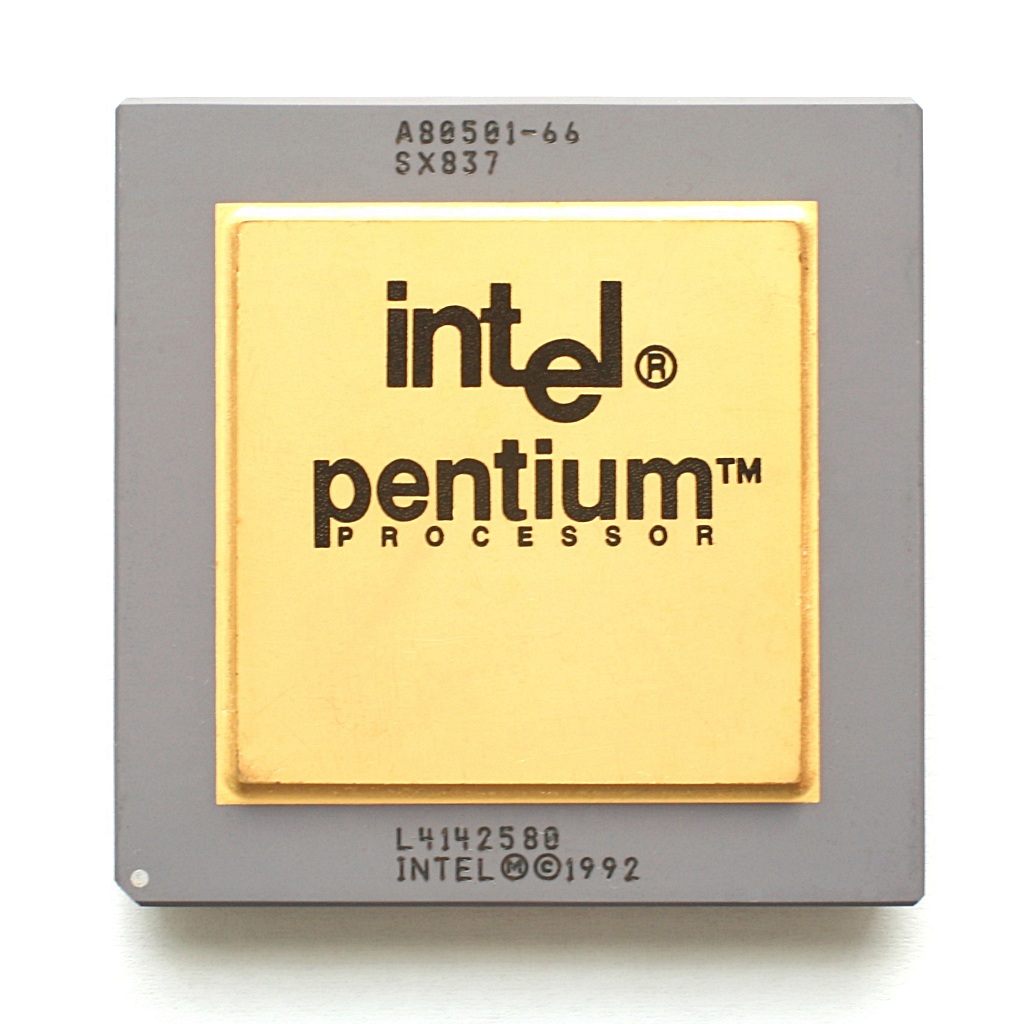On Some Current Controversies in Philosophy of Mind
Kriegel, ed. (2014), Current Controversies in Philosophy of Mind, Routledge. I just used this volume in my Phil Mind class, hoping to find useful introductions to some current debates. The volume has five parts. Each part contains two essays. Ideally, the two essays would present opposite points of view so …





